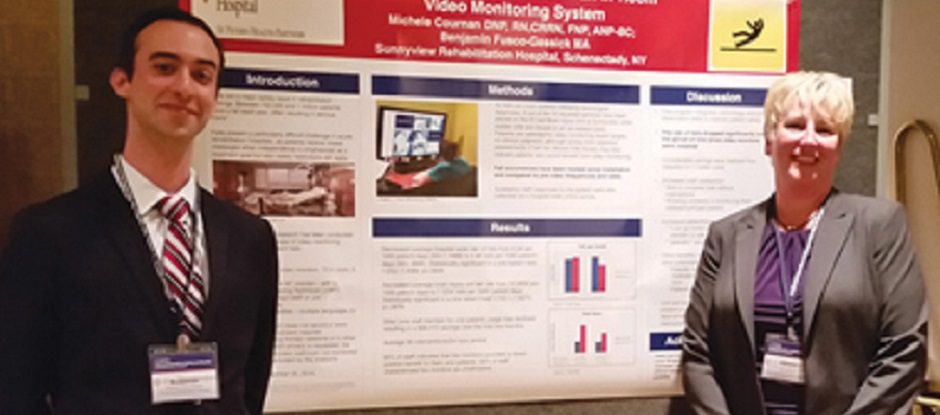
[This piece was written by the St. Peter’s Hospital Breast Health Team.]
It wasn’t that long ago the term “Breast Cancer Survivor” was reserved only for women who were fortunate enough to receive a status of remission from their oncologist.
Today, the cancer care community believes that “survivorship” begins at diagnosis.
With advancements in healthy living and medical technology, more patients are surviving cancer and returning to active, productive lives. Research shows, patients who participate in a prehabilitation, rehabilitation and surveillance program have better treatment outcomes, survival rates, and either prevent or reduce the long-term side effects from treatment.
With this goal in mind, St. Peter’s Hospital has developed an evidence-based, prehabilitation, rehabilitation and surveillance program called Essentials of Survivorship for newly diagnosed patients. (The program is funded through the generosity of the Susan G. Komen Foundation and the Cohoes Savings Bank Foundation.)
Prehabilitation – This takes place after diagnosis and before treatment to help prepare the patient’s body for what lies ahead. It can establish and even improve the body’s baseline function, supporting optimal physical and psychological health.
Prehabilitation covers a variety of topics to help prepare the patient like:
- Musculoskeletal function
- Shoulder strength and range of motion
- Cardiovascular and pulmonary health
- Diet and nutrition
- Smoking cessation
- Reducing anxiety and stress
- Improving coping
- Maintaining life at home and work
Rehabilitation – This can help minimize physical, psychological and cognitive impairments caused by treatment. Studies show that rehabilitation can help restore function, reduce symptoms, and maximize independence during and after treatment.
Rehabilitation can include personalized treatment plans from any of the following specialists:
- Physical therapist
- Occupational therapist
- Speech pathologist
- Audiologist
- Mental health counselor
- Dietitian
Surveillance – This is an important component to maintaining survivorship. Survivors should continue to monitor their long-term ability to complete everyday activities in order to maintain quality of life.
A Survivorship Care Plan may cover any one of the topics below:
- Physical exam by a primary care physician, for the prevention and detection of new and recurrent cancers;
- Referral to a genetic counselor;
- Referral to community resources and support groups;
- Mammogram and pelvic exam;
- Interventions for long-term and late effects from cancer and its therapies; and
- Monitoring fatigue levels and everyday activities to ensure the survivor’s needs are met.
Remember, the goal of going through cancer treatment is not just to survive, but to thrive!
To sign up for St. Peter’s Health Partners’ Essentials of Survivorship program call (518) 525-1547 for classes held in Albany, and call (518) 268-6019 for classes in Troy.





